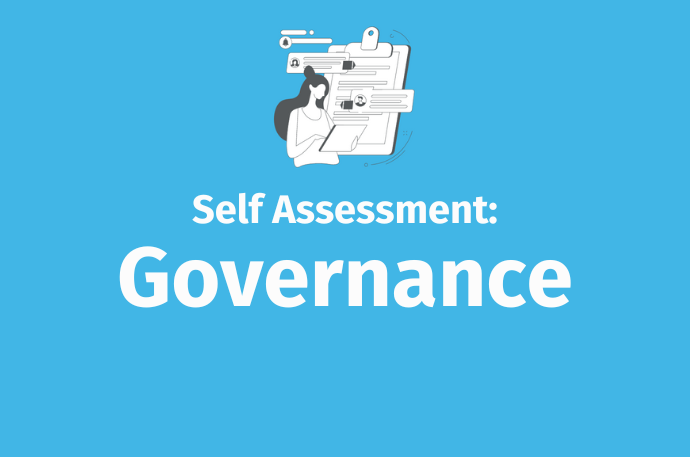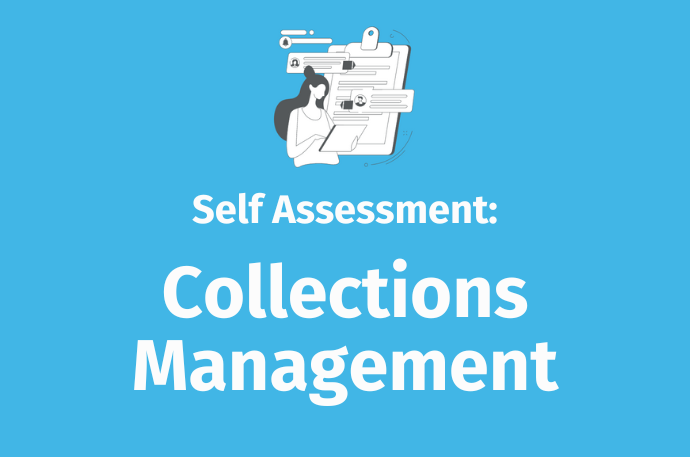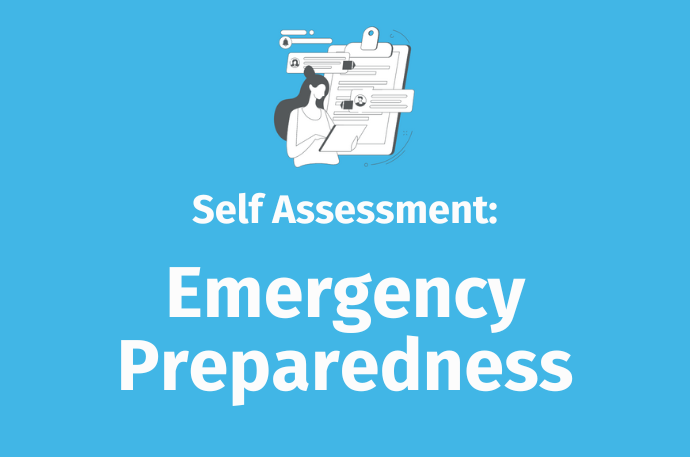Training. Evaluation. Advice. Mentorship.
For arts, culture, and heritage organizations
Training, Evaluation, Advice, and Mentorship (TEAM) for Museums is a self-driven program, that aims to provide comprehensive assessment, training, and support to museums, galleries, and heritage organizations across British Columbia. Drawing upon BCMA’s 75-year history and leveraging insights from museum training programs nationwide, the TEAM program identifies areas where museums can enhance their practices, address long-standing issues, and drive progress in matters of equity and inclusion.
The TEAM program does this by ensuring museums manage their collections properly, employ best practices to engage with visitors, and are governed appropriately by contemporary standards. The TEAM program encourages museums to reflect on how they’re run, how they manage their collections and how they engage with their audiences.
Aiding organizations in identifying their strengths and opportunities for support, the TEAM program is for museums and cultural institutions of all sizes and types across BC. The directions below will provide practical information on how to move through the assessment process while completing the modules and the program will support you with links to additional resources.
The BC Museums Association gratefully acknowledges funding support of this project from


Self Assessment Forms
Please note this is a pilot version of the program (last updated Fall 2023).
There are some aspects of the TEAM program that are applicable to all museums and some that will only apply to specific museums.
How to Use This Program
This is a self-driven program. Organizations can continue through the program at a pace they find appropriate. Supplementary resources and training are available through webinars, workshops, resources, and the BCMA Brain. When an area of improvement is identified, organizations can use the resources and training available to address their concerns and learn.
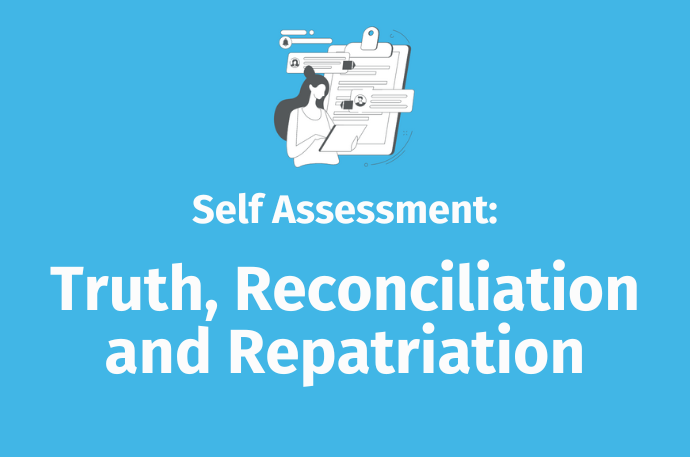
Truth, reconciliation, and repatriation are important parts of the work the cultural sector does. Reconciliation is open and honest relationship-building with Indigenous communities. Reconciliation cannot happen without truth. All organizations and all departments can embody and participate in reconciliation. While this is its own section in this document it is also reflected in all sections.
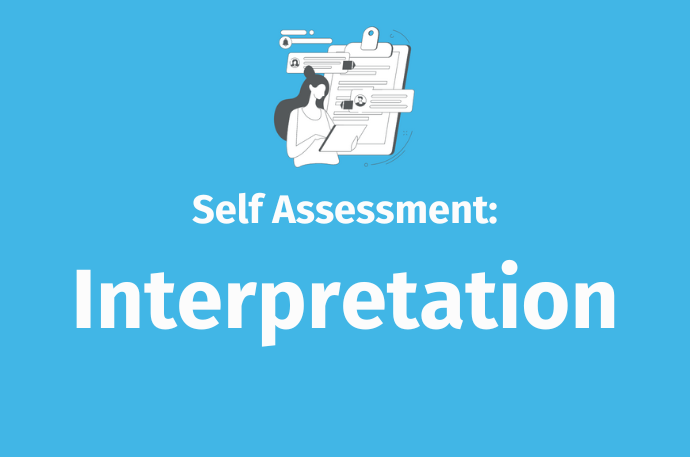
Interpretation is how we communicate information about our collections, their stories, and meanings to our visitors. Interpretation can be non-personal interpretation such as displays, labels, apps, interactive displays, hands on displays, graphic panels, and personal interpretation such as guided tours, staffed exhibits, field trips, costumed interpreters, and educational programs. It's important to plan your interpretation, be clear about your audiences, and pay special attention to whose stories are being told in your organization and where that information is coming from.
TEAM Program Guide
This is a self-driven program. Organizations can continue through the program at a pace they find appropriate. Supplementary resources and training are available through webinars, workshops, resources, and the BCMA Brain. When an area of improvement is identified, organizations can use the resources and training available to address their concerns and learn.
TEAM Program Advisors | TEAM Mates
The BCMA is grateful to the museum professionals from all career backgrounds and specialties who have joined the BCMA as TEAM mates. The Training, Evaluation, and Advice for Museums (TEAM) program builds upon BCMA’s 75-year history and looks to museum training programs from across Canada to offer critical evaluation and support in key areas of museum operations:
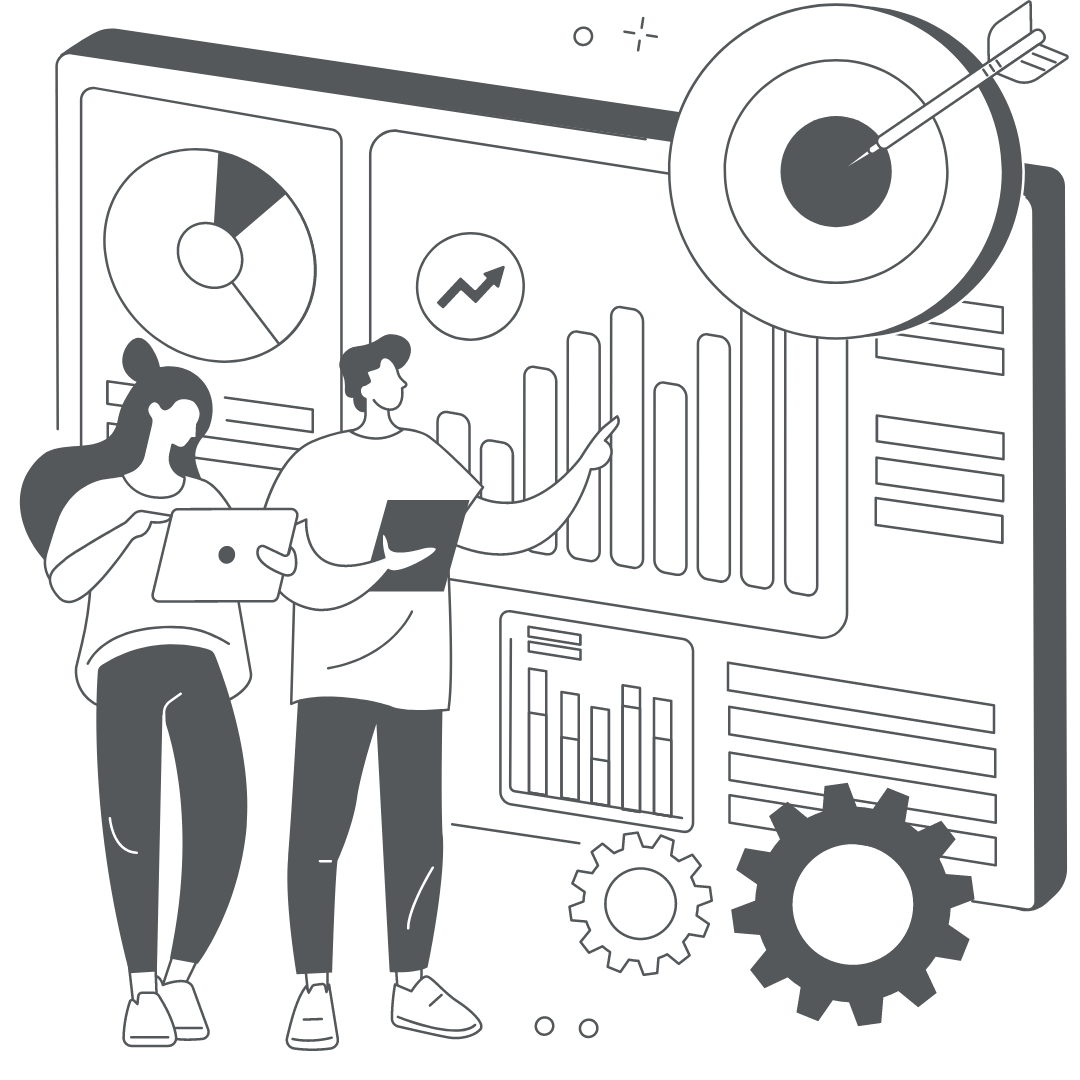 Governance
Governance- Truth, Reconciliation, and Repatriation
- Collections Management
- Facility Management
- Emergency Preparedness
- Interpretation
TEAM mates will provide guidance and advice on the evaluation criteria, key areas and reporting process.
Meet your TEAM mates
Lorraine Bell
Museum Manager, Qualicum Beach Museum
Tammy Bradford
Museum Manager, The Creston Museum
Nicole Da Costa
Assistant Curator, Nakusp Museum
Sharanjit Kaur Sandra
Co-coordinator at the South Asian Studies Institute, Co-curator at the Sikh Heritage Museum
Golmehr Kazari
Richmond Museum, Museum of North Vancouver, Living Peace Museum
Dr. Lisa McIntosh
Lecturer, University of British Columbia
Lia Tarle
Curator, Cumberland Museum
Tim Van Wijk
Director and Curator, Gallery 2
Lessons Learned
The BCMA embraces transparency and seeks to share successes, challenges, and lessons learned with our members and the wider sector. You can learn more about the TEAM project key takeaways and current status below.
Key Takeaway: Wealth of Knowledge
While researching existing evaluation and assessment programs, we discovered a wide range of assessments. Moving through the assessment modules and building the knowledge library to craft the standards listed above, showed the existing depth of resources available on the BCMA website. The BCMA Brain was updated in 2021 and now serves as a robust Tool and Resource library on our website covering a variety of topics: Accessibility, Advocacy, Collections Management, Climate & Emergencies, Equity, Diversity, Justice & Inclusion, Evaluation, Exhibit Development, Revenue Development, Indigenous Culture & Heritage, Museum Education, Non-profit Administration & Governance, and Technology.
Our learning portal also features an extensive webinar library, as well as the BCMA online courses our members currently have access to
- Governance 101
- Creating Curriculum Connected Learning Programs
- Deepening your Allyship: Gender and Sexuality Toolkit
- Digital Tools for Museum Professionals
- Digital Accessibility for Museums, Galleries and Cultural Organizations
We learnt that we had already either produced or sourced, vetted, and shared learning resources our members might need to address shortcomings at their organization. However an obstacle was awareness of what we have available, and the means – such as time, people or the financial means – to implement any lessons learned from these resources.
Key Takeaway: Capacity
Capacity is a concern shared by our members while discussing the research for this project, as well as by our TEAM mate advisors. TEAM mates mentioned limits regarding their own knowledge while advising on the standards described above and on their own professional capacities in their organizations to implement the assessment program. Capacity concerns were also expressed by the participants of the Alberta Museums Association recognized museum program and the Association of Nova Scotia Museums TRACK program.
Time was the first concern expressed – speaking to the time required to complete the assessment, the time to attend learning opportunities or read resources, and finally the time to implement any lessons learned.
The second concern spoke to the reality many smaller organizations face: they do not have the people power to undertake the assessment and implementation of any learnings.
Finances were the final concern expressed. Implementing any changes might require funds to create new policies, change exhibits, or hire outside consultants and workers. Funds would also be needed to support staff to take time away from work to undertake the assessment and implement any recommended changes identified by the program.
Current Status and What’s Ahead
The assessment is a self-assessment, encouraging organizations to reflect on where they currently stand compared to the standards and supplemented by the resources available. As a self-assessment, we hope to alleviate the pressure to complete this assessment within a certain timeline. We hope organizations take it as an opportunity to reflect on their work and their areas of improvement at their own pace.
There is room to grow for the modules, and outside consultants are needed to ensure the standards are accurate in areas such as human resources and financial management. The BCMA currently has a good working relationship with partners such as go2HR and the PLEO, and will be working with them to shape future modules.
If you are interested in contributing to the development of the TEAM program, please contact Lorenda Calvert.
The BC Museums Association gratefully acknowledges funding support of this project from


